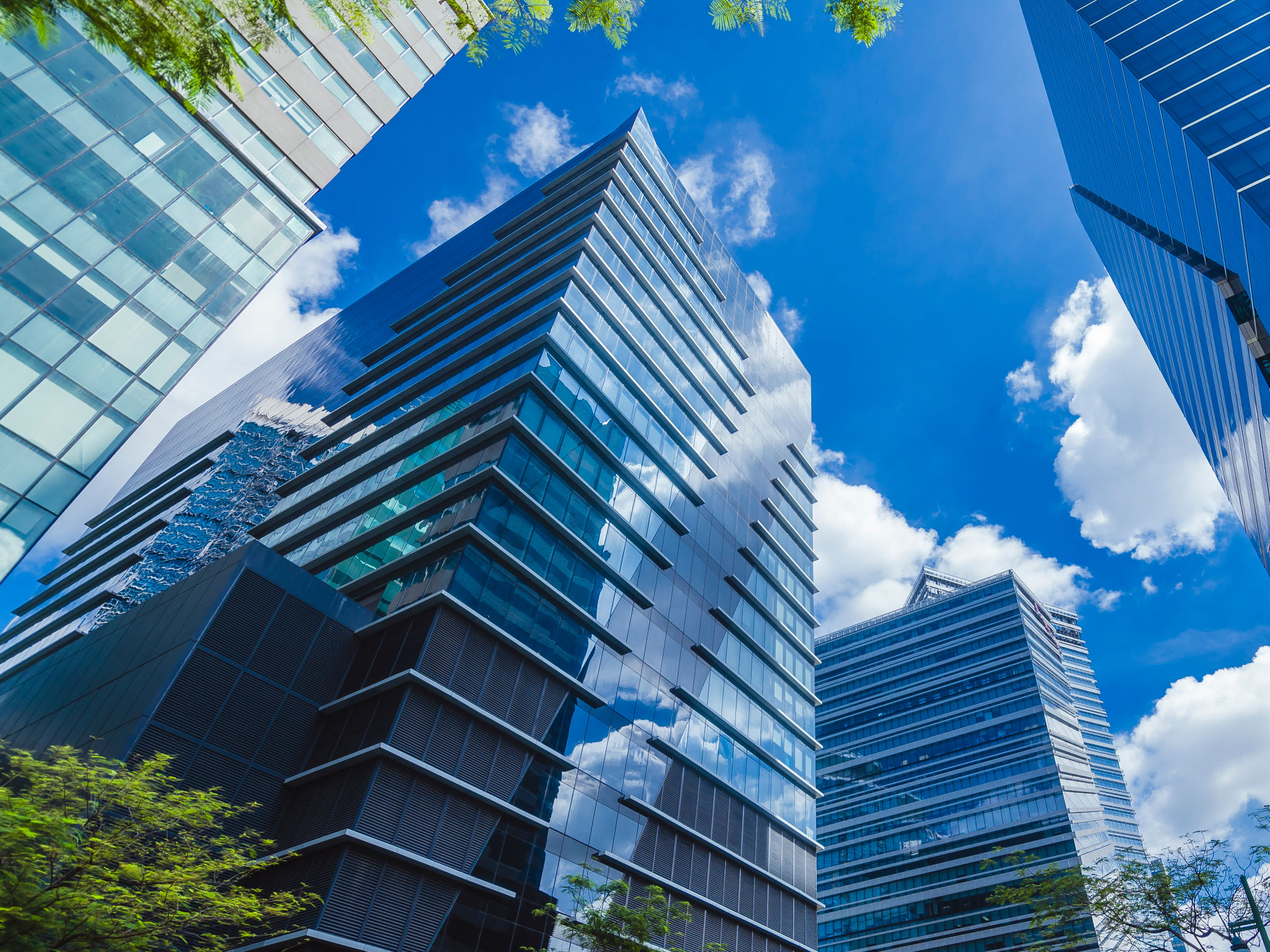PCB Recovery Services in the Philippines: The Process and Its Importance
The Growing Importance of PCB Recovery Services
In today's fast-paced technological world, the demand for electronic devices continues to surge. This increase in demand inevitably leads to a parallel rise in electronic waste, or e-waste. One significant component of e-waste is Printed Circuit Boards (PCBs), which are found in almost all electronic devices. In the Philippines, PCB recovery services have become an essential aspect of managing e-waste, ensuring that valuable materials are reclaimed and environmental impact is minimized.

Understanding the PCB Recovery Process
PCB recovery is a specialized process that involves extracting valuable metals and components from discarded circuit boards. This process not only helps in recycling precious metals like gold, silver, and copper but also reduces the environmental footprint of e-waste. The recovery process generally includes several key steps:
- Collection: Gathering discarded PCBs from various sources such as electronic manufacturers, consumers, and recycling centers.
- Shredding: Breaking down the PCBs into smaller pieces to facilitate easier processing.
- Separation: Using advanced techniques to separate metals from non-metal components.
- Refinement: Refining the extracted metals to achieve the desired purity levels for reuse.
The Environmental Benefits of PCB Recovery
PCB recovery services offer numerous environmental benefits. By reclaiming valuable metals, they reduce the need for mining new materials, which is a resource-intensive and environmentally damaging process. Additionally, proper recycling of PCBs prevents harmful substances such as lead and mercury from contaminating the soil and water.

Moreover, PCB recovery plays a crucial role in promoting sustainable practices. By extending the lifecycle of materials through recycling, it contributes to a circular economy where resources are continually reused, reducing overall waste production and conserving natural resources.
Economic and Social Impacts
Beyond environmental benefits, PCB recovery services also have significant economic and social impacts in the Philippines. The industry creates job opportunities in collection, processing, and technology development sectors. Skilled labor is required to handle sophisticated machinery and processes, contributing to economic growth and workforce development.

Furthermore, by fostering local recycling industries, the Philippines can reduce dependency on imported raw materials, enhancing economic resilience and stability. This localized approach can also lead to cost savings for manufacturers who benefit from recycled materials at competitive prices.
The Future of PCB Recovery in the Philippines
As technology continues to evolve, so will the methods and efficiency of PCB recovery processes. Innovations such as automated sorting systems and greener chemical processes are likely to enhance recovery rates and reduce environmental impact further. The Philippines is uniquely positioned to lead in this sector due to its growing tech industry and increasing awareness of environmental sustainability.
In conclusion, PCB recovery services are not just a necessity for managing e-waste; they represent a significant opportunity for environmental conservation, economic development, and social progress. By investing in these services and technologies, the Philippines can play a pivotal role in promoting a sustainable future for generations to come.
